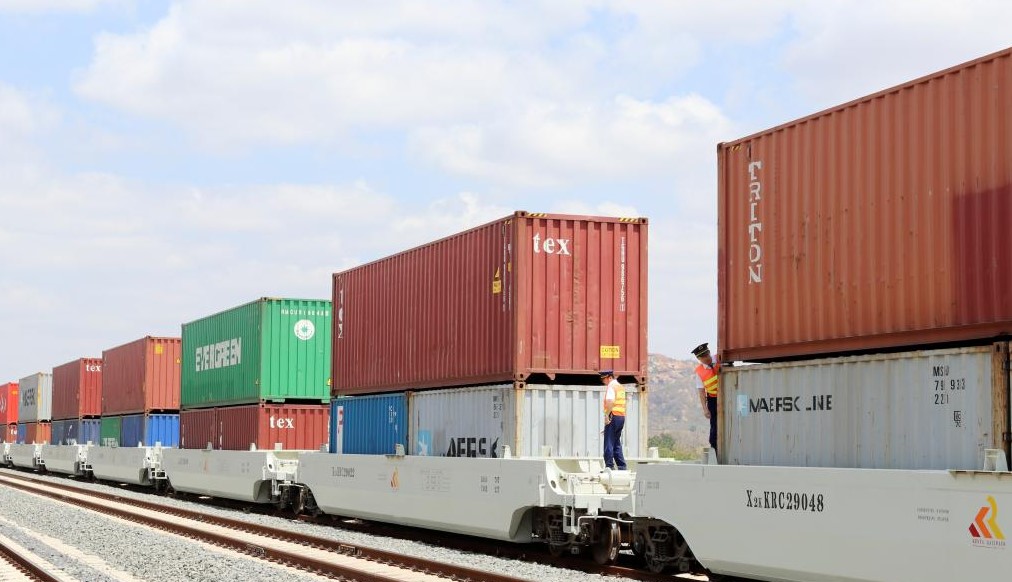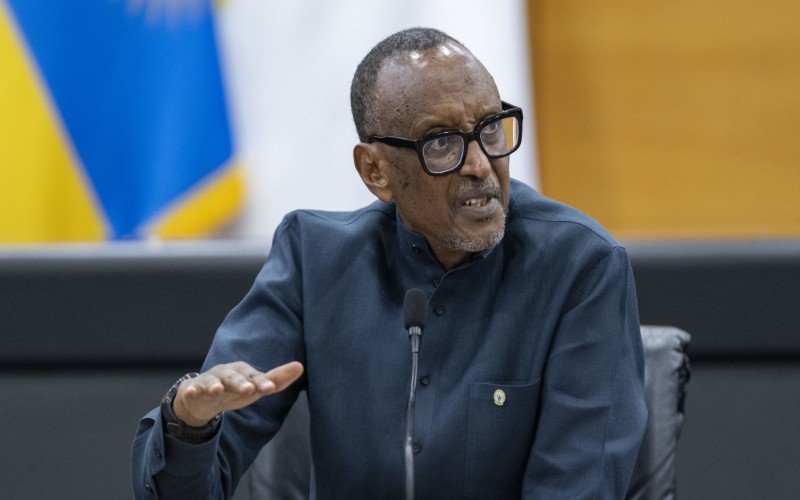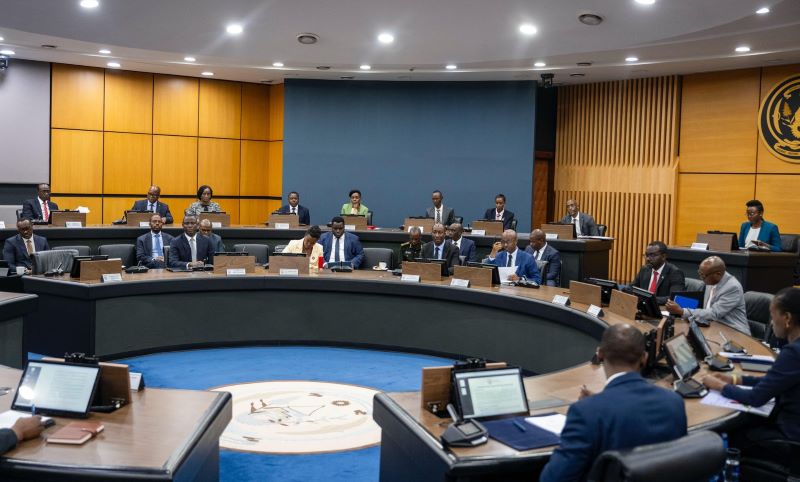KPA reveals declining cargo traffic through SGR

The Nairobi Inland Container Depot experienced a parallel decline with container traffic decreasing from 403,665 in 2022 to 332,100.
The Kenya Ports Authority (KPA) has revealed a noticeable decrease in cargo traffic through the Standard Gauge Railway (SGR) and the Nairobi Inland Container Depot.
The figures have been steadily declining since 2019, as stated in the recent Kenya Ports Authority Annual Review and Bulletin of Statistics.
More To Read
- Kenya Railways banks on property sales to settle Sh2.26 billion pension debt
- Kenya to raise Sh390 billion bond for Naivasha–Malaba SGR extension
- Auditor General warns Kenya Railways’ Sh569 billion loan default could burden taxpayers
- Kisumu rail services to resume by December after 2024 flood damage
- Nairobi-Embakasi train service emerges as top-earning rail route
- Tanzania's SGR train derails at Ruvu, operations temporarily halted
As per the report, in 2019, the total number of twenty-foot equivalent units (TEUs) transported via the SGR stood at 418,830 containers, despite a 6 per cent rise in cargo through the Port of Mombasa.
However, this figure witnessed a significant decline, falling to 338,394 containers by 2023.
Furthermore, there was a reduction in the number of trains carrying cargo from KPA, decreasing from 4,255 trains in 2019 to 3,512 trains in the previous year.
The report pointed out that despite a downward trend, the railway system, which started freight operations in December 2017, achieved its highest performance in 2021, moving 434,069 containers.
Nairobi ICD decline
Similarly, the Nairobi Inland Container Depot experienced a parallel decline, with container traffic decreasing from 403,665 in 2022 to 332,100.
The Naivasha Inland Container Depot, located off the Kaplong-Narok-Maai Mahiu Road, also saw a decrease from 10,688 containers in 2020 to 6,294 in 2023.
Despite fewer containers, data from the Kenya Railways Corporation (KRC) shows a notable uptick in freight transported via SGR, rising to 6.29 million tonnes from 5.66 million tonnes in the year ending June 2022.
This surge in demand for cargo transportation through the railway is attributed to its reliability, quality of service, and convenience, according to a statement from the company earlier this year.
In transit markets, Uganda, South Sudan, and the Democratic Republic of Congo (DRC) were the largest, making up 62.3 per cent, 52 per cent, and 57 per cent of total volumes in 2023, respectively.
Regarding trading partners, China continues to be Kenya's primary partner for both imports and exports.
India, the United Arab Emirates, Egypt, and Saudi Arabia rank among the top five import partners, while India, Vietnam, the United Arab Emirates, and Pakistan are among the top five export partners for Kenya, as per the report.
In 2023, major exports comprised tea, coffee, and titanium, while oil products, wheat, and steel dominated imports.
Other Topics To Read
The drop in cargo traffic aligns with Kenya's significant debt to China, amounting to Sh814 billion at current exchange rates. This debt was incurred in 2014 and 2015 to finance the construction of the Mombasa-Naivasha SGR line.
Repayments for these loans, which included concessional and commercial terms, began in January 2020 after a five-year grace period.
Top Stories Today
















































